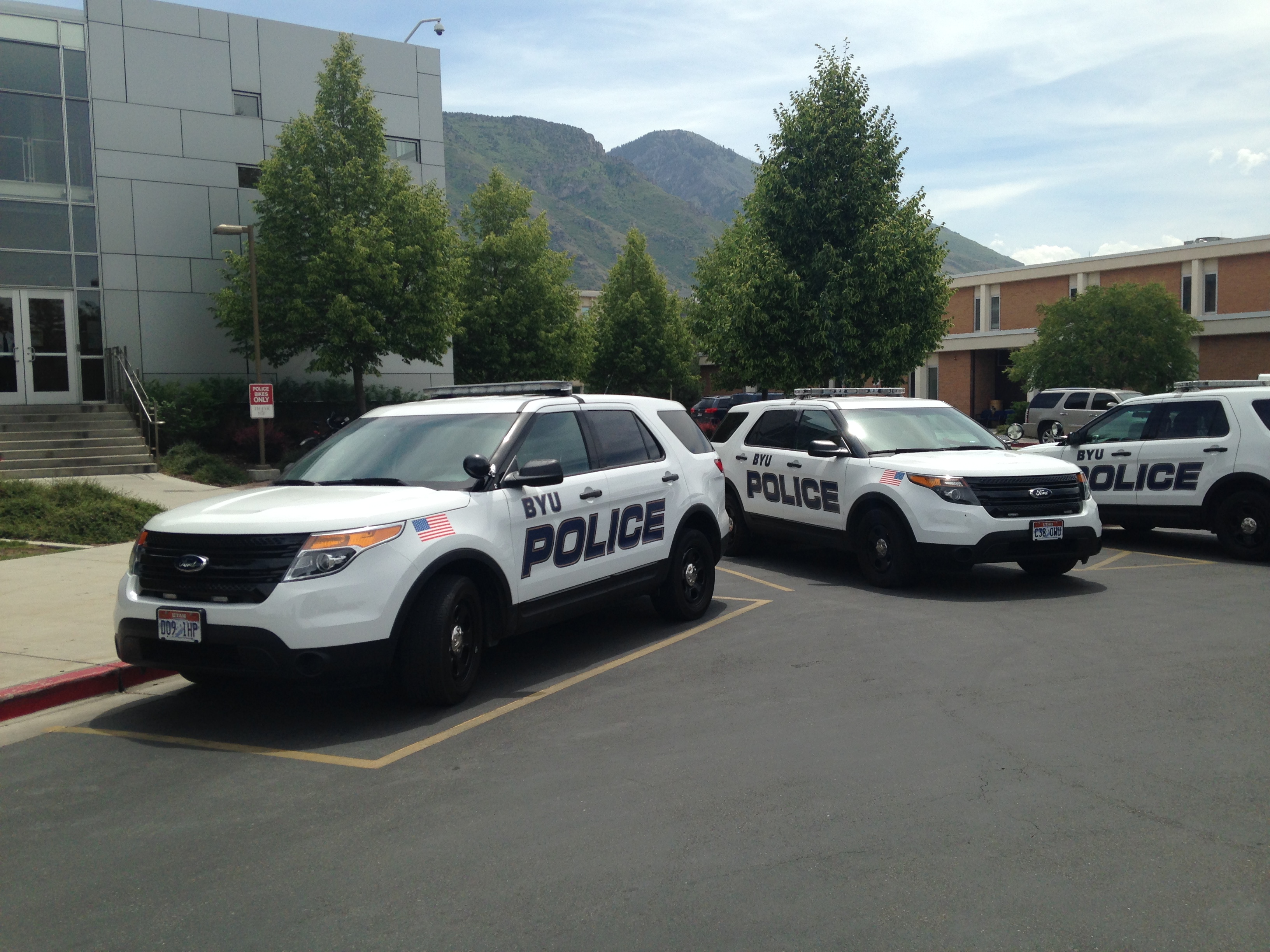
PROVO, Utah (AP) — BYU police accessed records from other law enforcement agencies thousands of times over an 18-month period, a trend other officers called concerning amid a state investigation into the department’s handling of information in sexual assault cases.
Public records show the BYU department sometimes conducted more than 50 searches of the county records management system in a period of hours, a volume that police in Provo and Utah County said is unusually high and difficult to understand if the database was being used properly, the Daily Herald reported Monday.
The system is designed to help track crime, such as a string of burglaries that crosses campus boundaries. It contains records about people involved in a crime in any way, whether as a suspect, victim or witness.
Lt. Steven Messick, a BYU police spokesman, denied that officers regularly use the database for improper purposes like cold-searching names for possible honor-code violations at the Mormon-owned school.
“That is not our normal practice,” he said in an email. The department uses the database to investigate crimes such as bike thefts, Messick said.
BYU police accessed records from Provo and Utah County about 2,300 times between March 2015 and September 2016. Most of the searches were for Provo records.
The documents obtained by the newspaper don’t say who tried to get information from the system or what data they searched for.
The state began investigating BYU police this summer amid questions about the school’s practice of opening honor-code investigations into students who report abuses. The number of database searches plummeted after that inquiry began, records show.
The investigation came after the two nearby police departments discovered the unusually high volume of search requests, authorities said.
“Our biggest issue has been to figure out who accessed what for what reason,” Utah County Sheriff Jim Tracy said. “We can’t afford to lose the trust and support of the people.”
If the state investigation confirms the records were accessed improperly, it could lead to sanctions or criminal charges, he said. Even if no laws were broken, he supports regular audits to document how the system is used.
The high search volume was discovered when women who spoke out about the school’s handling of sexual assault said police records of their sexual assault allegations had been given to BYU administrators.
“That series of events prompted some soul-searching questions about where our reports are going,” Provo police Sgt. Brian Taylor said.
He said it appears BYU police overstepped their bounds with the searches.
The U.S. Department of Education’s Office of Civil Rights is investigating how BYU handles reports of sexual assault and the school is also reviewing its policies.
BYU is owned and operated by The Church of Jesus Christ of Latter-day Saints. All students must agree to abide by the honor code and violators can be expelled or otherwise punished.
The code, which was created by students in 1949, prohibits such things as “sexual misconduct” or “obscene or indecent conduct or expressions.” As it is written, students who report sexual assault could also be investigated for how much sexual contact they consented to before the attack.




